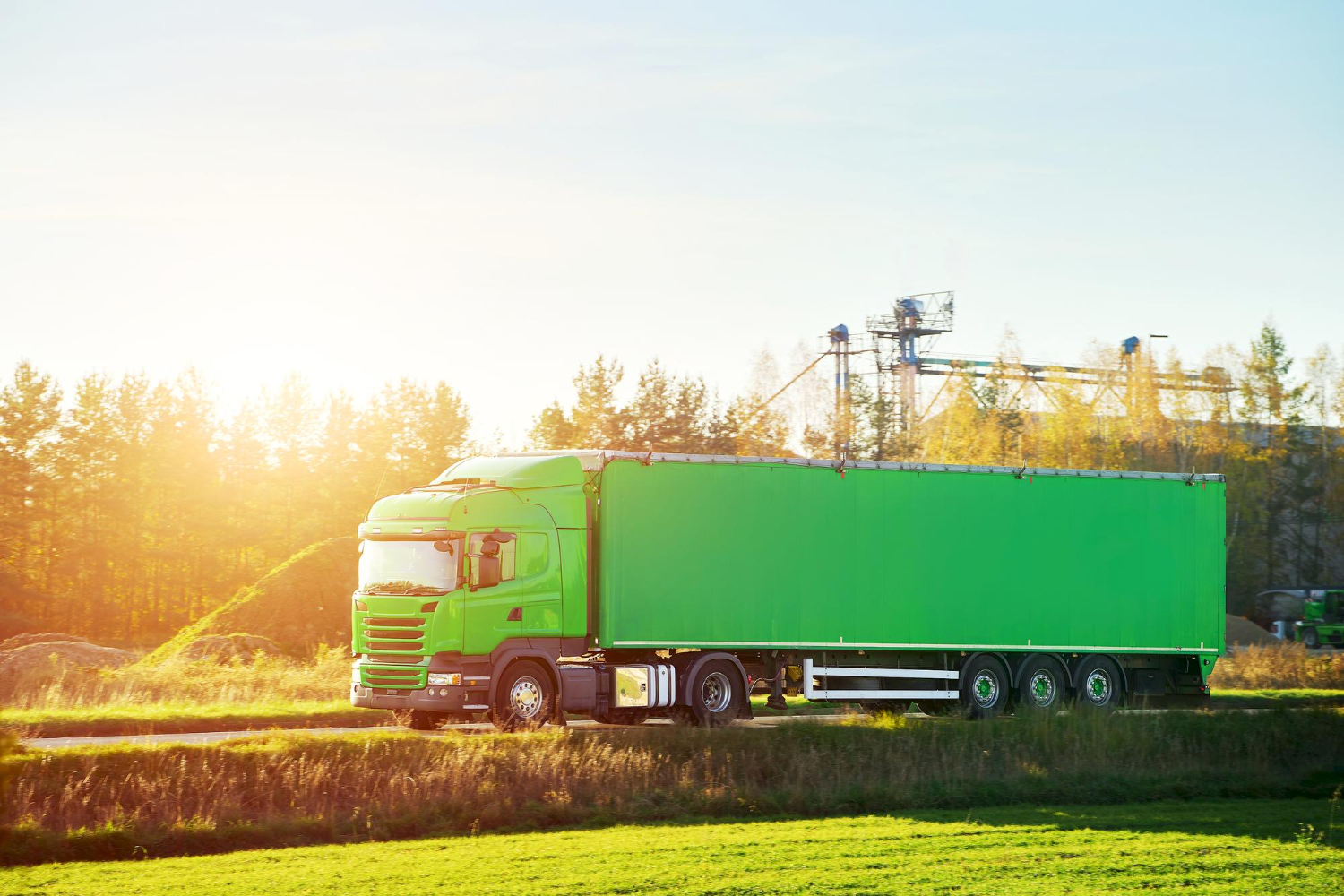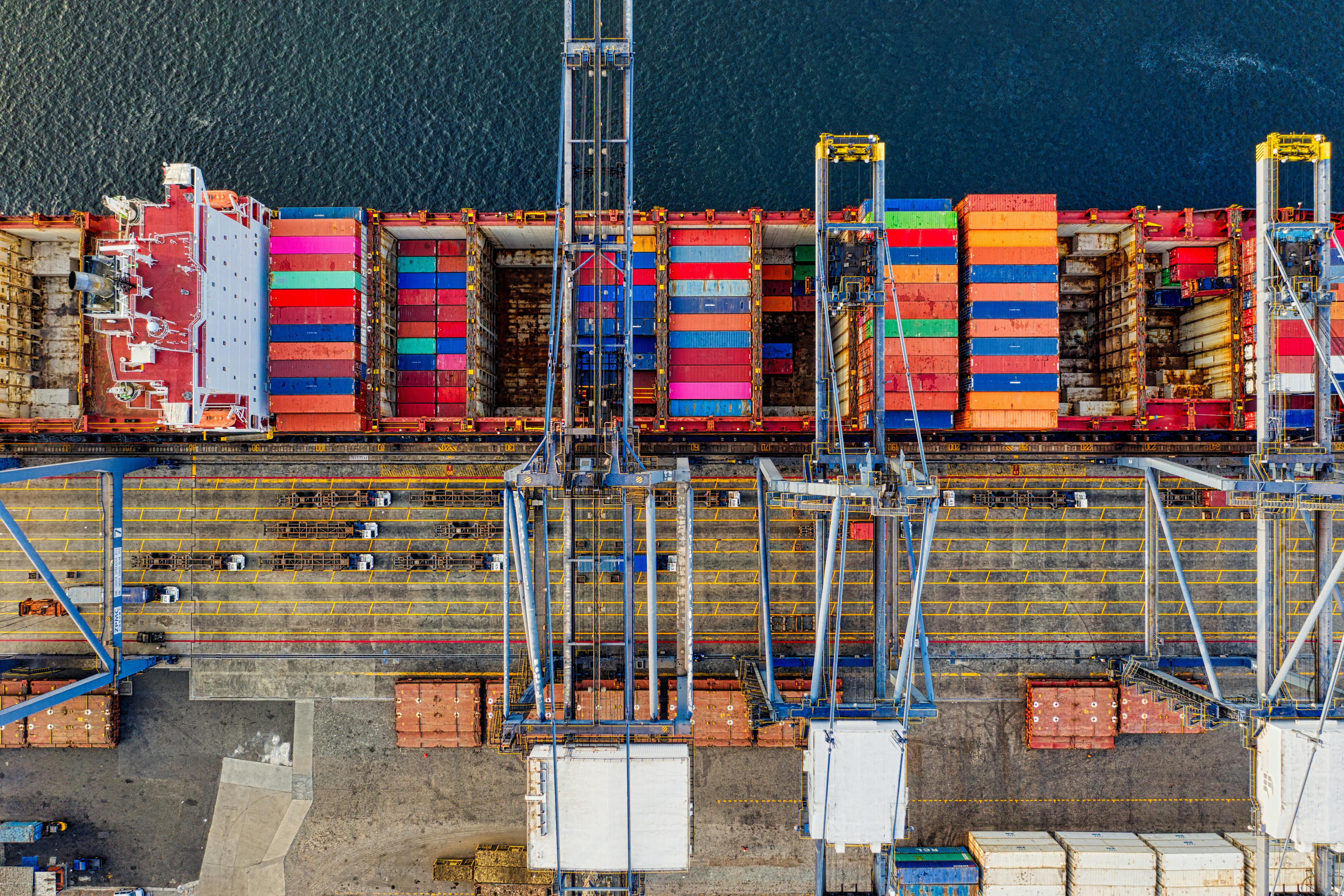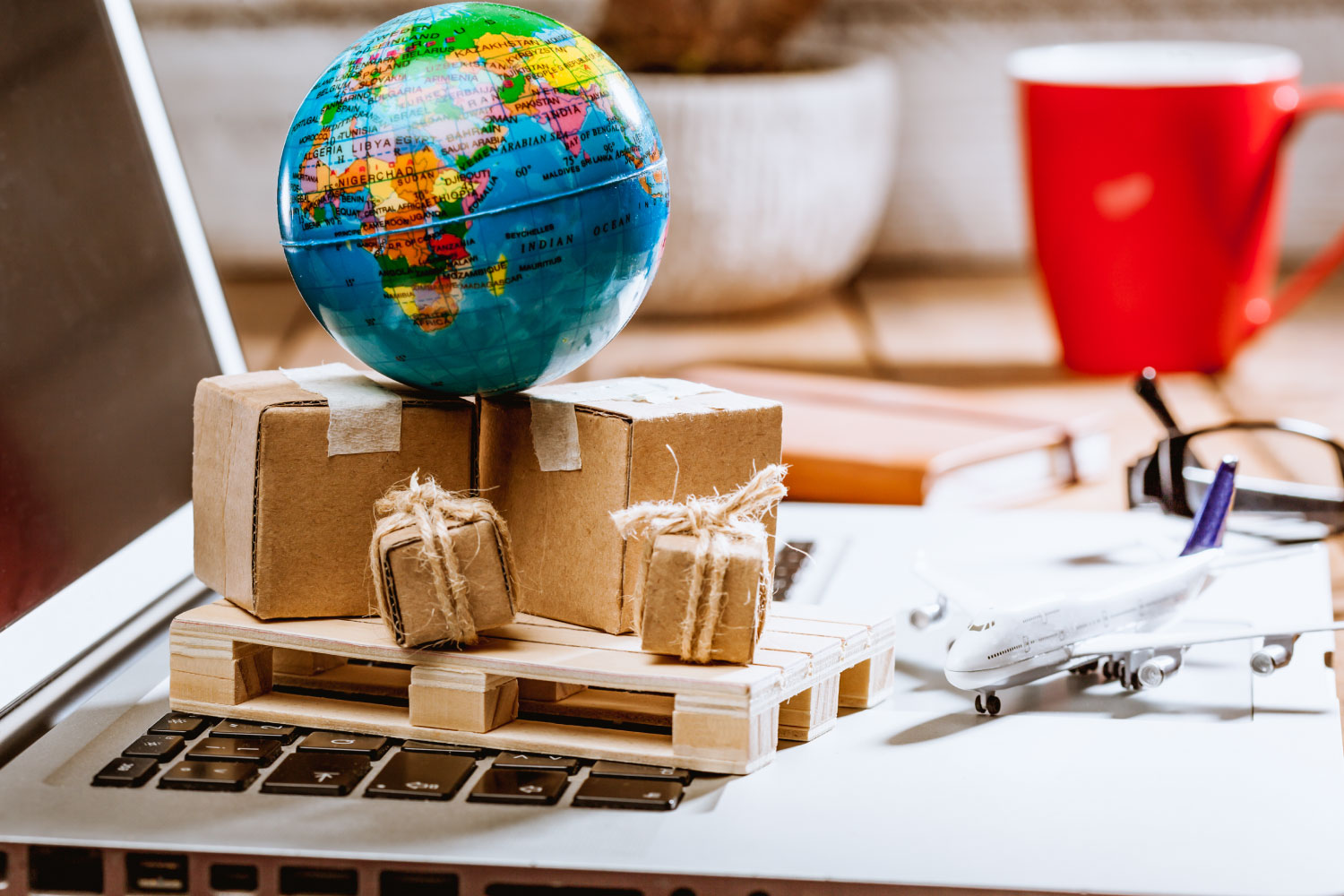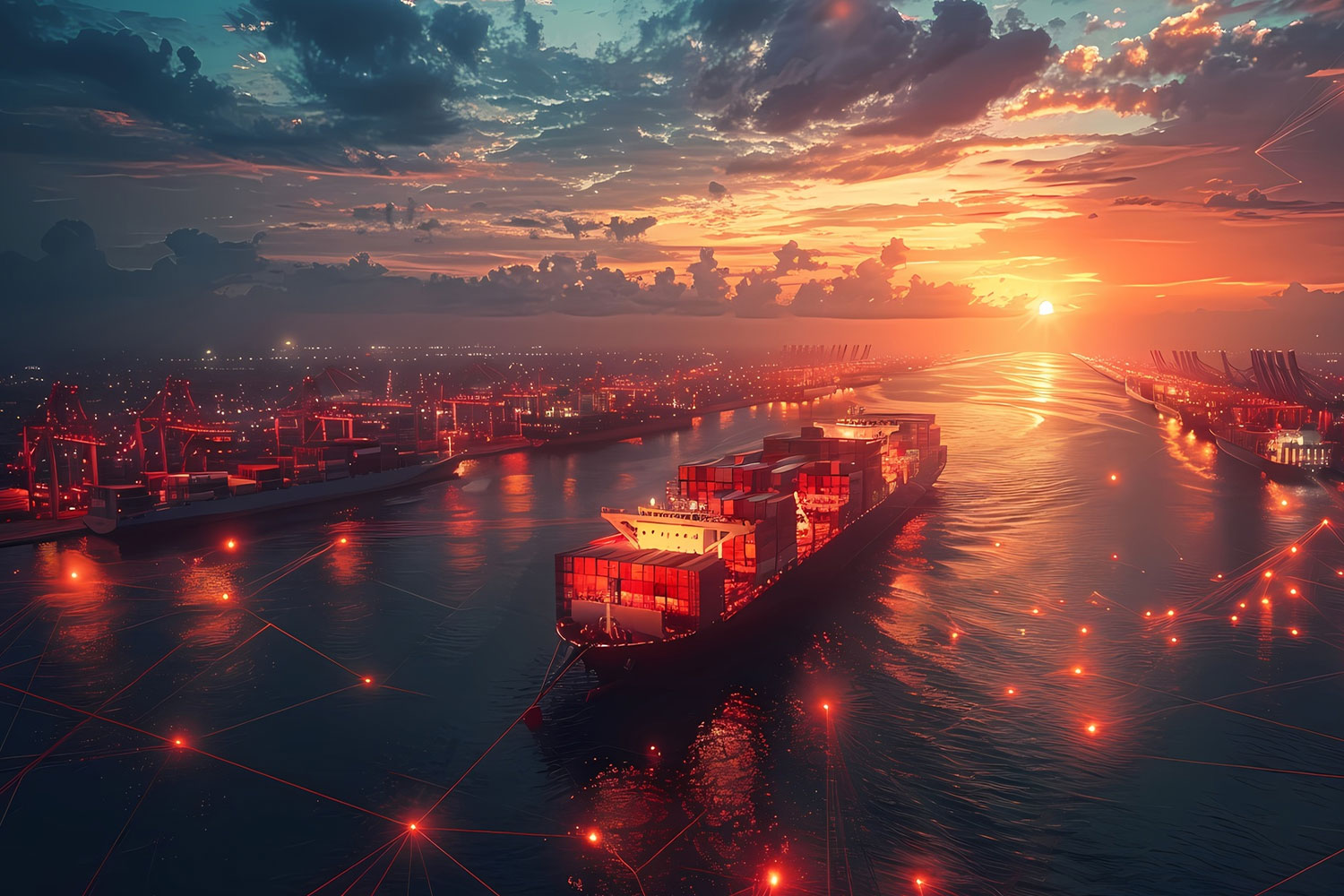In today’s competitive logistics landscape, sustainability is no longer just a buzzword — it is a business imperative. Many companies still assume that green practices are expensive to implement, but the truth is quite the opposite. Sustainable logistics can directly contribute to long-term profitability while also improving operational efficiency and brand perception.
At Beyond Logix, we help companies reimagine their supply chain through smarter, cleaner, and more cost-effective logistics strategies. Here is how sustainable logistics can improve your bottom line.
What is Sustainable Logistics?
Sustainable logistics refers to using environmentally conscious strategies in every stage of the supply chain. This includes reducing emissions from freight transport, lowering energy usage in warehousing, and optimizing delivery routes to reduce waste and fuel consumption. It is about building a supply chain that supports both the planet and your profit margins.
1. Lower Transportation and Fuel Costs
Transportation is one of the biggest contributors to logistics costs and carbon emissions. Adopting sustainable logistics practices such as load consolidation, route optimization, and mode shifting can lead to major cost reductions.
For example, optimizing delivery routes with advanced software reduces fuel consumption and time spent on the road. Choosing rail over trucking for certain legs of a shipment may take longer but can offer better fuel efficiency and lower costs for long-distance hauls. These small changes add up to large savings over time.
2. Energy-Efficient Warehousing
Modern warehousing strategies are evolving to prioritize energy savings. This includes using LED lighting, smart HVAC systems, and motion-sensor technology to reduce energy usage. In addition, warehouse layout optimization can improve inventory flow and reduce the need for forklifts and other machinery.
Energy-efficient warehouses also have longer-term value. They are more attractive to clients focused on environmental, social, and governance (ESG) standards and can qualify for green building certifications or even energy rebates in some regions.
3. Waste Reduction and Smarter Packaging
Packaging is often overlooked as a profitability factor, but it plays a crucial role. Reducing the size and volume of packaging helps lower material costs, shipping weights, and overall transportation expenses. Recyclable or reusable packaging also enhances brand value in the eyes of environmentally conscious customers.
By eliminating excess packaging waste and streamlining container sizes, companies can save on both storage and transport — a win for the environment and your budget.
4. Meeting Customer Demand for Green Practices
Today’s customers are more informed and values-driven. A growing percentage of buyers and supply chain partners favor businesses that take sustainability seriously. Offering carbon-neutral shipping options or highlighting eco-friendly practices can increase customer loyalty and win new business.
In B2B sectors like manufacturing, industrial goods, and retail logistics, sustainability is increasingly a key part of vendor selection. By positioning your logistics process as both effective and environmentally responsible, you can gain a competitive edge and access new revenue opportunities.
5. Long-Term Risk Reduction
Sustainable logistics also help you reduce risk in the face of rising fuel prices, evolving government regulations, and supply chain disruptions caused by climate-related events. Building a greener, more agile supply chain makes your business more resilient to market volatility.
For example, sourcing from regional suppliers or integrating real-time freight tracking reduces reliance on distant routes and helps anticipate potential delays or bottlenecks.
6. Better Use of Technology
Sustainable logistics often goes hand in hand with smart logistics. Cloud-based freight management systems, warehouse automation, and predictive analytics are not only good for the environment — they also reduce labor costs, eliminate human error, and support better decision-making.
By investing in technology that promotes sustainability, you improve operational accuracy, reduce overhead, and gain full visibility into your supply chain.
Final Thoughts
Sustainability is not a trend — it is the future of logistics. Businesses that adopt sustainable logistics practices today will be more competitive, more profitable, and more aligned with market expectations tomorrow.
At Beyond Logix, we specialize in creating end-to-end logistics solutions that prioritize both efficiency and sustainability. Whether you are optimizing freight routes, reducing warehouse waste, or adopting smarter packaging, we are here to help you drive profitability while lowering your environmental impact.




